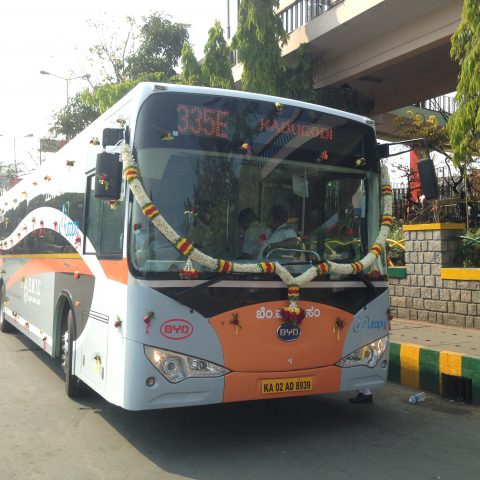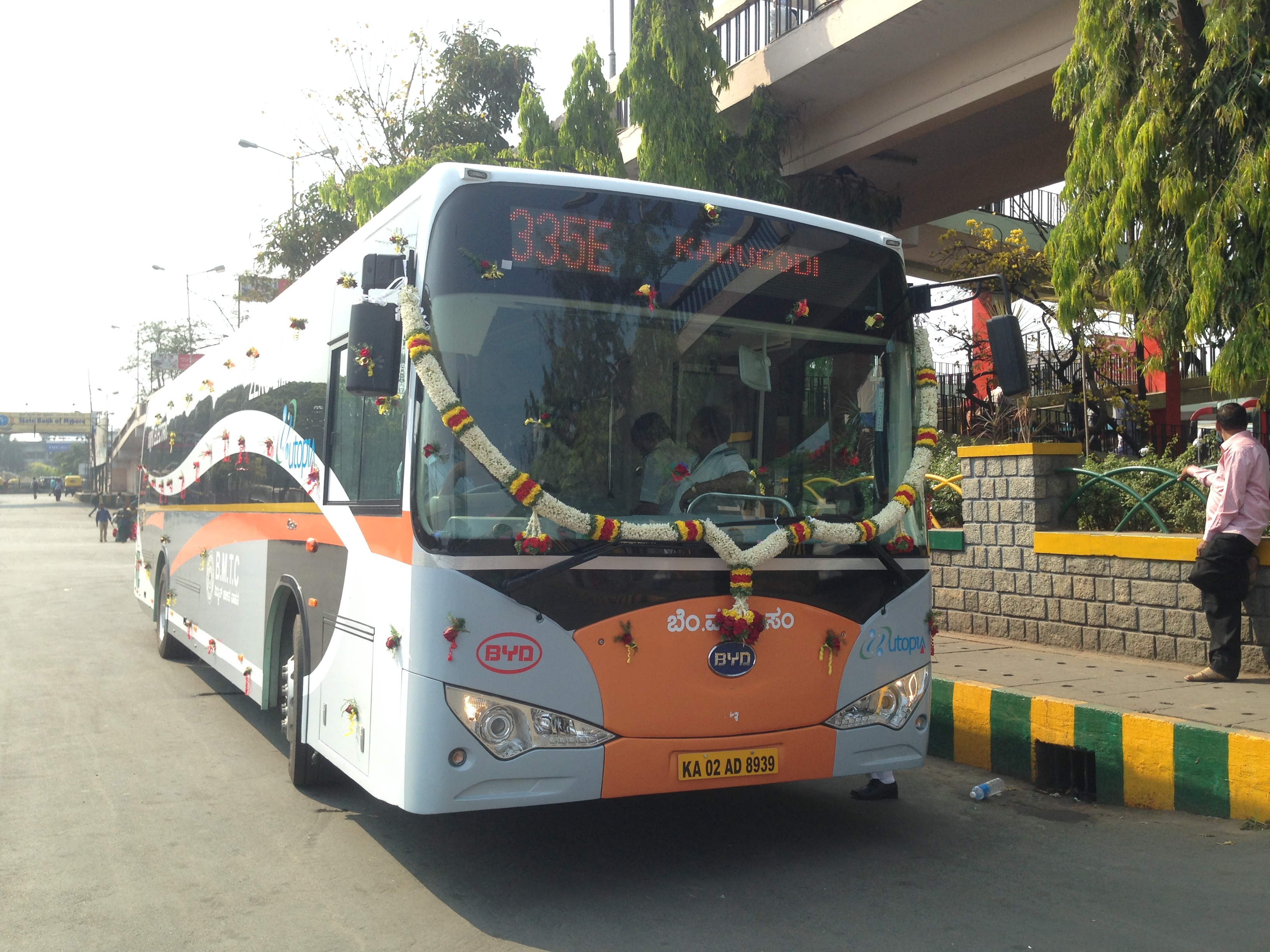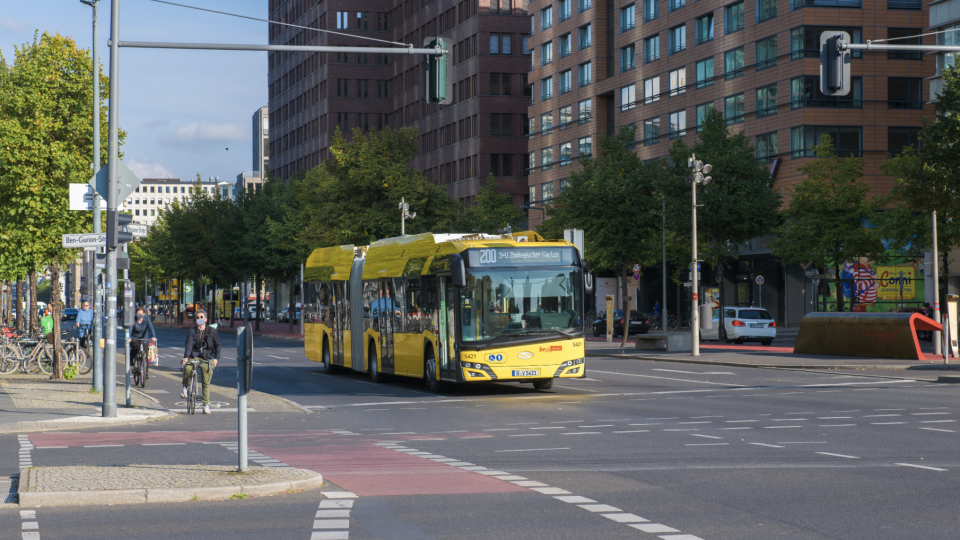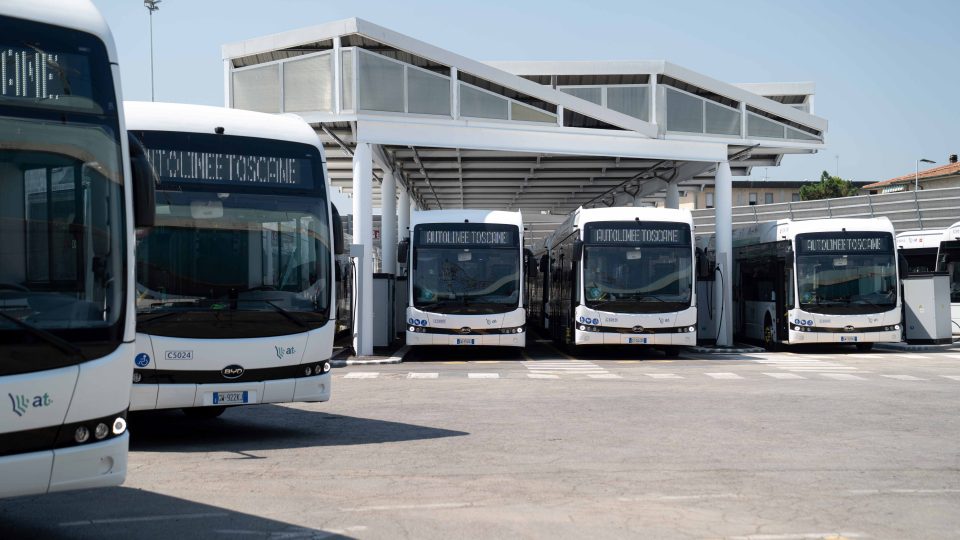UITP India with the World Bank. A project focused on electric mobility
UITP India in September initiated a project with World Bank Group on electric mobility. UITP India participated in the two stage request for proposal (RFP) with Steer Davies Gleave India Pvt Ltd (Steer Group) as the lead. The project includes market assessment, business models and action plan for electric mobility for selected Indian states. The […]

UITP India in September initiated a project with World Bank Group on electric mobility. UITP India participated in the two stage request for proposal (RFP) with Steer Davies Gleave India Pvt Ltd (Steer Group) as the lead. The project includes market assessment, business models and action plan for electric mobility for selected Indian states. The project is in partnership with Steer Group, and UITP India is managing public transportation component in this exhaustive research project spanning 6 months.

A project for e-mobility in India
While India has identified e-mobility as part of its industrial and sustainable strategy, there are critical upstream challenges in terms of regulatory/institutional/financing gaps across State/City corporations to identify, design and implement scalable bankable solutions for rollout of Electric Vehicles (EVs) and development of charging infrastructure. The World Bank (WB) and International Finance Corporation (IFC), both part of the World Bank Group (WBG), are engaging with national and state/city governments, private sector and other stakeholders to identify policies and business models that could enhance the bankability of EV models leveraging on WBG instruments. The approach emphasizes commercial viability and risk management to enable private sector engagement in a way that is scalable/replicable across other Indian States/Cities.
There are many business models in electric vehicles including e- two wheelers, e- three wheelers, e- four wheelers & e-buses and charging infrastructure based on potential market size and commercial viability. The intent of the project is to develop solutions that address policy, regulatory, financial barriers that can attract long term private investments for large scale roll out.
UITP India – World Bank. Working on electric mobility
In India urban mobility is a state subject hence the solutions has been sought at state level, in for of state level directives from centre. Tamil Nadu (TN) Maharashtra, Madhya Pradesh and Kerala are selected states however the purpose is to have solutions that can be replicated across India.
The project includes
- Assessment of market potential for electric vehicles including electric buses and charging infrastructure in India with focus on selected states
- Evaluation of business models and related financial models with private sector participation for each segment in India as well as in selected states and identify those that offer the most potential for scale.
- Development of action plan including legal, regulatory, institutional, financial, procedural and procurement recommendations that various agencies within the state can adopt to foster EV commercial viability and promising business models.
- Identification of investment opportunities across market segments within a 3-5-year period corresponding to the business models under which these would be pursued.









